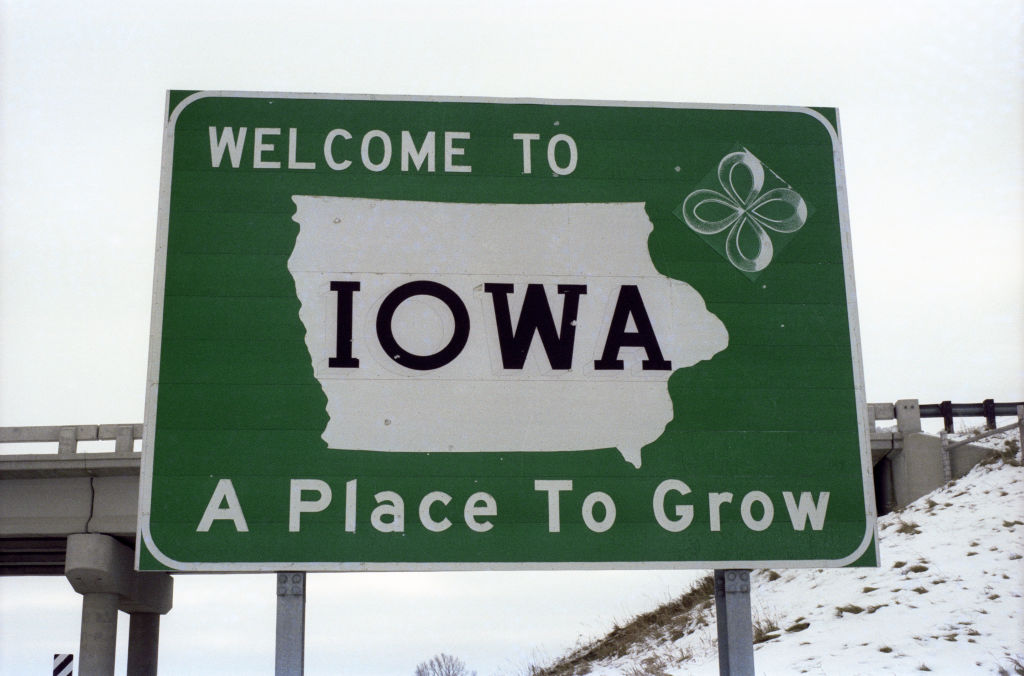Standing as one of the most-heinous, race-motivated crimes in America’s history, the kidnapping and savage lynching of 14-year-old Emmett Till (pictured) in Mississippi still stirs embers of anger in the minds of many who have endured racism and injustice. Considered a transformative moment in the African-American Civil Rights Movement, Till’s death shocked a nation and still resonates deeply in the minds of Mississippians and others abroad.
SEE ALSO: Remembering The Houston Race Riot Of 1917
The circumstances surrounding Emmett’s death remain murky. His murder was supposedly sparked by Emmett making inappropriate advances toward a 21-year-old White woman, while visiting his mother’s home state in the Mississippi Delta region. Till and Curtis Jones went to buy sweet treats from a local market, Bryant’s Grocery and Meat Market. Later, testimony from Jones stated that Till, a Chicago resident, bragged to him and other teens about his integrated school and a supposed White girlfriend. The moment supposedly prompted the boys to dare Emmett to speak to Carolyn Bryant, wife of store owner 24-year-old Roy Bryant.
Several accounts have been reported of what Emmett Till actually said to the woman. Some reports say that Till wolf-whistled at Bryant, while others said he used suggestive language in a means to entice her. Carolyn Bryant later said that Till grabbed her around the waist and asked for a date and said that he used “unprintable” words as well.
Either way, word got back to Rob Bryant and he employed a Black friend to seize a young boy walking down the street — only to have his wife say that they had the wrong person. After discovering how to find their target, Roy Bryant, half-brother John Milam, and another man (who was rumored to be African-American) drove to Rev. Moses Wright’s home, where Till was staying in the wee hours of the morning. Threatening violence to the other residents, they took Till and threw him in the back of a pick-up truck then drove off.
They reportedly drove to a barn nearby and pistol whipped the boy while they continued to beat him as the men debated on what to do with him next. Rev. Wright went looking for him — but fearful of his life — neglected to call the police. Curtis Jones got word back to the police, and Emmett’s mother, Mamie (pictured), was alerted that her son went missing. Bryant and Milam were questioned by local police and charged with kidnapping.
The news reached Mississippi NAACP state field secretary Medgar Evers and Bolivar County lead rep Amzie Moore, who both disguised themselves and entered the cotton fields of the region in order to find clues about Till’s abduction.
Three days later, Till’s body was found swollen with water and badly damaged in the Tallahatchie River. He had been shot, with evidence of a severe beating on his skin. A local Mississippi newspaper speculated that the body found was not Till because it couldn’t be identified, even though Rev. Wright identified the body and retrieved a ring that Emmett wore. Amazingly enough, then-Mississippi Governor Hugh L. White was angered by the murder and sent notice to the NAACP that a full investigation was to take place.
Watch Emmett’s tragic story here:
For Emmett’s mother, the painful process of burying her child also became a nationwide event as she demanded her son’s body be returned to Chicago with an open casket funeral (pictured above) to mark the brutality of the murder. Photos of the funeral appeared in the Chicago Defender and Jet magazine, inspiring protests and strong reactions from citizens both Black and White who found the crime to be extreme.
Although all evidence pointed to Bryant and Milam killing Emmett, a grand jury in November of that year neglected to indict the pair in the kidnapping of the boy, although they all but admitted their wrongdoing in an interview under the protection of double jeopardy.
Till’s murder helped push along the passing of the Civil Rights Act of 1957, which allowed the U.S. Department of Justice to investigate in local matters.
While Bryant and Milam felt justified in their actions, they both died of cancer in their 60s. Holding steadfast to their racist pride, the pair would be haunted by the death of Emmett Till in every instance and never found peace again.
The kidnapping and murder of Emmett Till remains as one of Black America’s most-sorrowful moments but also a galvanizing one as well. Even as many relive the incident each time they’re exposed to it, there is some comfort that Emmett Till’s mother fought to the end to fight such injustice across the country and that the legacy of eliminating hate crime still lives on to this day.
SEE ALSO:























